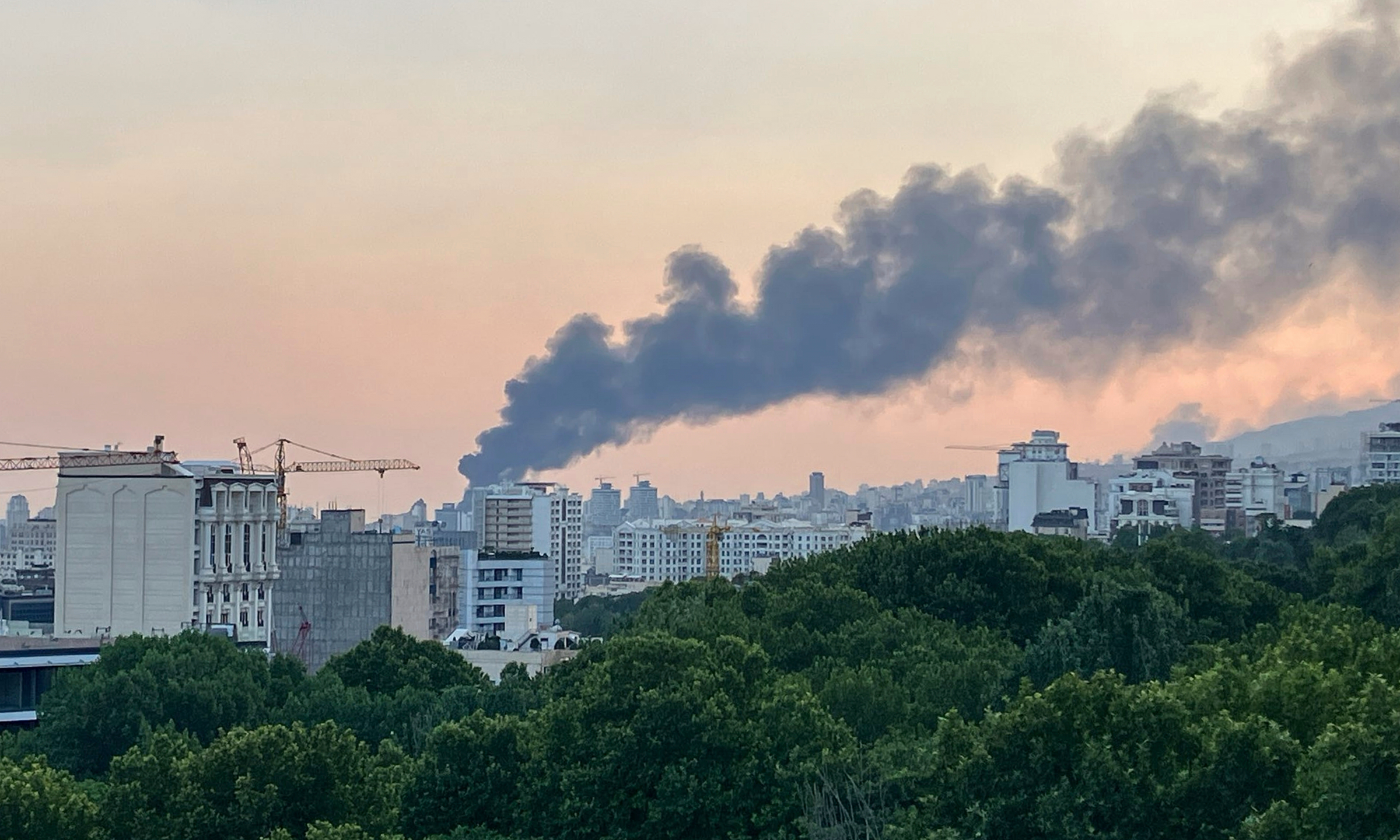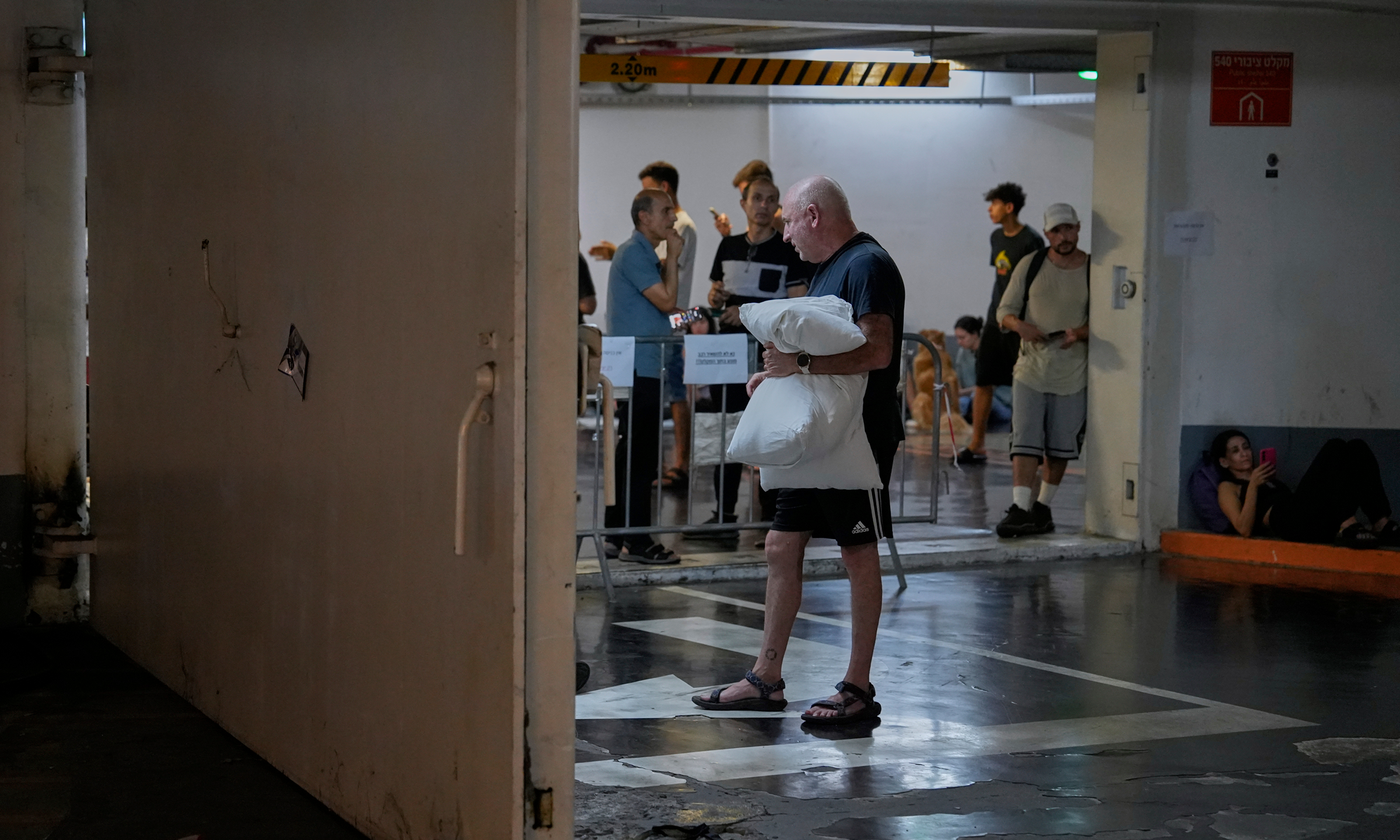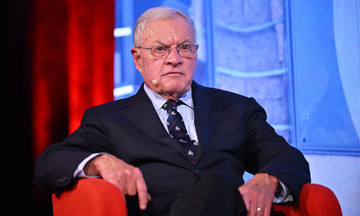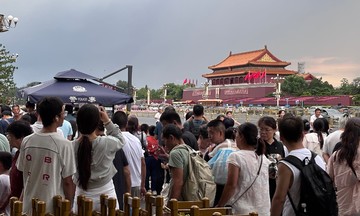On 13/6, Israel launched Operation “Lion Rising,” targeting Iranian nuclear facilities, military bases, and high-ranking officials. This marked a turning point in the protracted conflict between the two nations. Iran retaliated with missile and drone strikes on major Israeli cities like Tel Aviv and Haifa.
The intense exchange of fire tested the economic, political, military, and social resilience of these two Middle Eastern powers. As the conflict escalated, resources dwindled, international pressure mounted, and the risk of regional escalation grew. Both sides recognized the potential for mutual destruction in this devastating marathon.
By 24/6, both sides accepted a ceasefire proposed by US President Donald Trump, each claiming victory. However, observers believe that a prolonged conflict would have had severe consequences for both countries.
Military losses
The 12-day Israel-Iran conflict was a war of attrition. Both sides used expensive, advanced weaponry to inflict maximum damage while protecting their airspace and resources.
Israel deployed hundreds of advanced fighter jets to gain air superiority over Tehran. The Israel Defense Forces (IDF) claimed to have destroyed nearly half of Iran's ballistic missile launchers and numerous air defense systems, resulting in over 606 deaths and more than 5,300 injuries.
However, the IDF couldn't penetrate the Fordow facility, Iran's “nuclear fortress” built deep inside a mountain. The US intervened, dropping 12 GBU-57 14-ton bunker-buster bombs on the site. According to classified reports from the Defense Intelligence Agency (DIA) cited by sources familiar with the matter, this set back Iran’s nuclear program by only a few months, but didn't destroy it.
Despite heavy losses, Iran maintained its offensive capabilities with ballistic missiles like the Emad, Ghadr, and Kheybar. Over 12 days, Iran launched over 550 ballistic missiles and around 1,000 drones into Israeli territory.
These attacks strained Israel's multi-layered air defense system, exposing vulnerabilities. Israel’s interception rate, initially 85-90%, decreased as more high-speed ballistic missiles penetrated their defenses.
There were also malfunctions in Israeli air defense systems, with some missiles turning back towards their launchers after firing. Many Iranian missiles hit populated Israeli areas, killing 28 and injuring over 2,500.
On 18/6, US intelligence assessed that without US support, Israel might have only 10-12 days’ worth of interceptor missiles left.
But as military expert Tom Karako noted, Iran also struggled to maintain the intensity of its attacks due to depleted missile stockpiles and difficulties in replenishing them. The number of missiles launched by Iran in the final days of the conflict significantly decreased to a few per volley, compared to over 100 on the first day.
Continued fighting risked depleting Iran's ballistic missile arsenal, its primary deterrent, as Israel targeted missile storage, production, and transport facilities.
Economic losses
Experts believe the conflict posed significant economic challenges for both nations. Israeli attacks on Iranian energy infrastructure, including fuel depots in Tehran, disrupted domestic fuel supplies.
With an economy already weakened by Western sanctions, Iran faces soaring inflation and social unrest. According to the International Monetary Fund, Iran's inflation could reach 43.3% this year, up from 32.6% last year.
“Western sanctions have weakened Iran’s economy and eroded its middle class. Their real income has decreased due to inflation, leading to a high risk of poverty,” said Mohammad Farzanegan, professor at the Center for Near and Middle Eastern Studies at Marburg University in Germany.
 |
Smoke rises from Iran's state television station after an Israeli airstrike on Tehran on 16/6. _Photo: AP_ |
Prolonged conflict would have further challenged Iran's economy as its transportation and infrastructure systems suffered war damage.
Perrihan Al-Riffai, senior fellow at the Atlantic Council's Rafik Hariri Center, warned that if Iran closed the Strait of Hormuz, through which millions of barrels of oil pass daily, oil prices could exceed 100 USD/barrel, triggering a global economic shock. However, this would also harm Iran, which relies on oil exports for its national budget.
Despite its stronger economy, Israel also faced significant financial pressure, according to the Economist. Iranian missile strikes damaged energy and civilian infrastructure, disrupting businesses in Tel Aviv and Haifa.
Operating missile defense systems like Iron Dome and conducting airstrikes in Iran required massive funding. According to Marker, a leading Israeli financial newspaper, intercepting missiles cost Israel up to 285 million USD per night.
Experts estimate that Israel's economy could withstand a full-scale war with Iran for a short period, but if the conflict lasted a month or more, it would lose up to 12 billion USD.
Political and social pressure
The conflict put both Israel and Iran in a difficult political position as the international community urged de-escalation. British Prime Minister Keir Starmer stressed that "stability in the Middle East must be a priority," while UN Secretary-General Antonio Guterres called on both sides for "maximum restraint."
US President Donald Trump, while supporting Israel, opposed the plan to assassinate Iranian Supreme Leader Ali Khamenei, expressing his desire to avoid deeper involvement in the Middle East conflict.
Domestically, Prime Minister Netanyahu faced public pressure as Iranian attacks increased civilian casualties. Many Israelis worried about security and vulnerabilities in their missile defense.
Iran's continuous missile strikes disrupted Israeli life, forcing people into bomb shelters almost nightly. Images of apartment buildings collapsing under Iranian missile fire heightened security concerns.
 |
People in Tel Aviv, Israel, shelter in a parking garage after a missile warning from Iran on the morning of 17/6. _Photo: AP_ |
In Iran, large-scale Israeli airstrikes caused fear, prompting many to leave the capital. Several countries urged their citizens to leave Iran and Israel for safety.
The assassination of top Iranian generals and nuclear scientists by Israel likely caused anxiety and affected the government's credibility.
According to Al Jazeera commentators, both Iran and Israel recognized that a prolonged war could incite domestic unrest, especially with economies damaged by the fighting. This prompted both sides to quickly accept the ceasefire proposal when President Trump gave the "green light," according to Trita Parsi, vice president of the Quincy Institute for Responsible Statecraft.
Phong Lam (_Economist, WP, AP_)












